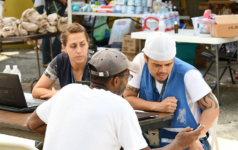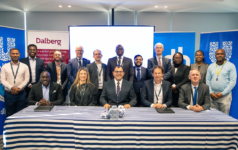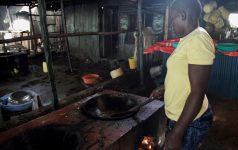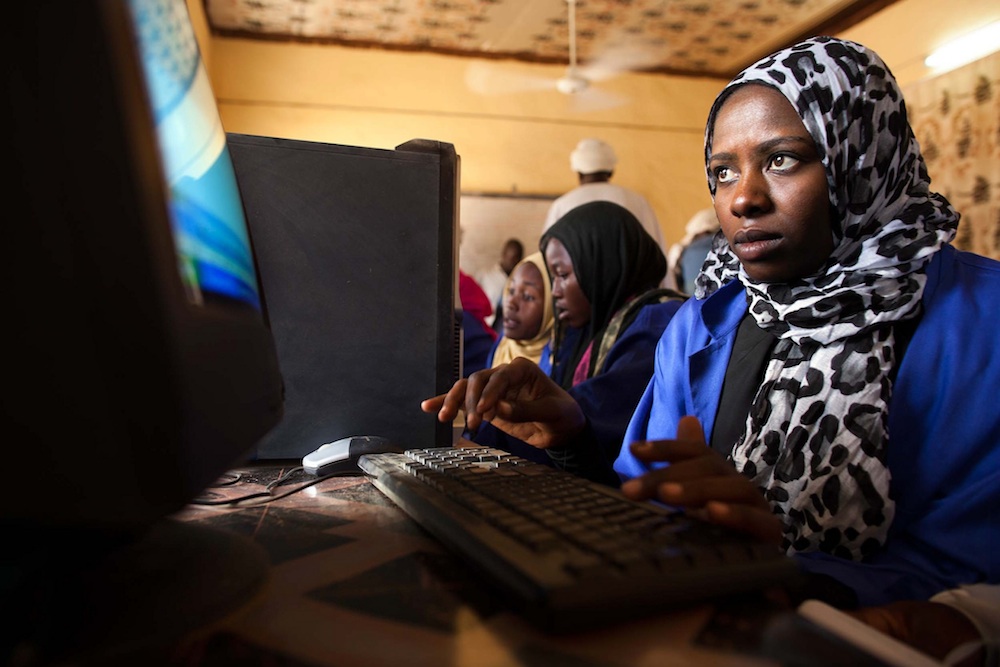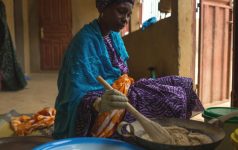Dalberg Advisors has today announced the principal findings of a triple-bottom-line study on scaling clean ethanol cooking fuel in Kenya, including a comparative analysis with Liquid Petroleum Gas (LPG). These findings have been released to coincide with the Sustainable Energy for All Forum taking place in Lisbon, Portugal, from 2-3 May.
Dalberg’s principal findings include:
* The majority of Kenyans cook with unhealthy and environmentally-destructive fuels such as charcoal and kerosene;
* LPG usage is growing in urban Kenya, but is still confined to higher-income households, despite tax exemptions and subsidy programmes;
* Consumer demand for liquid ethanol cooking fuel has been proven in Kenya and other markets, and new technologies and business models have emerged that enable significantly lower consumer fuel pricing in order to serve lower-income households;
* As a result of these developments, we are now seeing the entry to the ethanol cooking fuel sector of multinational downstream fuels companies who can “drop in” this liquid fuel onto their existing infrastructure;
* The study includes a comparative analysis of supply-side capital expenditures required to scale both LPG and ethanol, including the new model involving use of existing downstream liquid fuels infrastructure;
* Transitioning Nairobi households from kerosene and charcoal to ethanol cooking fuel could result in up to 2.4 million tonnes of avoided greenhouse gas emissions per annum and result in at least 1,500 deaths per annum from indoor air pollution being averted, and many more deaths from the less quantified impacts of household air pollution including the significant healthcare burden from kerosene-related burns and poisonings;
* Ethanol cooking fuel is currently produced in Kenya, but there are insufficient volumes to meet demand, so larger-scale imports are required. However, in the medium term the clear opportunity exists to expand domestic ethanol production and create a major boost to the rural economy;
* Despite the social and environmental benefits of ethanol cooking fuel, the consumer retail price is currently inflated by 25% import tariffs and 16% VAT, unlike LPG which enjoys exemptions on both VAT and import tariffs;
* Should ethanol cooking fuel be granted a regulatory level playing field with charcoal and LPG, then ethanol can become the lowest-cost cooking fuel in Nairobi and so offer a viable clean cooking fuel to even the poorest households currently using kerosene.
This independent report was commissioned as part of the Mobilising Investment project. This project is a joint initiative of the Climate & Development Knowledge Network (CDKN) and Low Emission Development Strategies Global Partnership (LEDS GP), led by SouthSouthNorth and funded by the International Climate Initiative (IKI) of the German Federal Ministry for the Environment, Nature Conservation and Nuclear Safety (BMU).
The Mobilising Investment project facilitates private and public investment in the implementation of Nationally Determined Contributions (NDCs) – working under national government mandates in seven countries. The triple bottom line study by Dalberg forms part of the project’s initial work in Kenya.
Refer to the summary report to review the principal findings from the analysis. The full report will be publicly released in the coming weeks.
Visit Facebook Live to watch back an interview of James Mwangi, Executive Director of Dalberg Group, and Carl Wesselink, Director of SouthSouthNorth, discussing the report at the Sustainable Energy for All Forum.
For further information:
Michael Tsan – Partner & Energy Practice Co-Director, Dalberg Group: Michael.Tsan@dalberg.com
Carl Wesselink – Director, SouthSouthNorth: Carl@southsouthnorth.org
About CDKN and SouthSouthNorth
The Climate & Development Knowledge Network (CDKN) is a global initiative supported by a range of donors. Leadership of CDKN has recently shifted to the South, with SouthSouthNorth taking the helm. CDKN seeks to support decision makers in designing and delivering climate compatible development, combining research, advisory services and knowledge management in support of locally-owned initiatives. For more information visit https://cdkn.org or www.southsouthnorth.org.
About International Climate Initiative
In 2008, the German government launched the International Climate Initiative (Internationale Klimaschutzinitiative, IKI). This funding programme of the German Federal Ministry for the Environment, Nature Conservation and Nuclear Safety (BMU) supports the implementation of specific measures in the context of the United Nations Framework Convention on Climate Change (UNFCCC) and the Convention on Biological Diversity (CBD). The IKI supports ambitious climate change and biodiversity projects in developing countries, emerging economies and transition states (‘partner countries’) in a manner consistent with the Federal Government’s existing international, multilateral and bilateral cooperation. It aims to fund high-quality projects that are sufficiently innovative or have sufficiently ambitious climate protection and biodiversity conservation goals to promote transformative change. For more information visit www.international-climate-initiative.com/en/.
About Dalberg Advisors
Dalberg Advisors is a strategic advisory firm which brings the best of private sector strategy skills and rigorous analytical capabilities with deep knowledge and networks across emerging and frontier markets. With 23 offices globally including 8 in Africa, Dalberg has completed over 1,800 engagements for 600+ clients across private, NGO and public sectors and is a recognised expert within the emerging markets cooking fuel sector.

